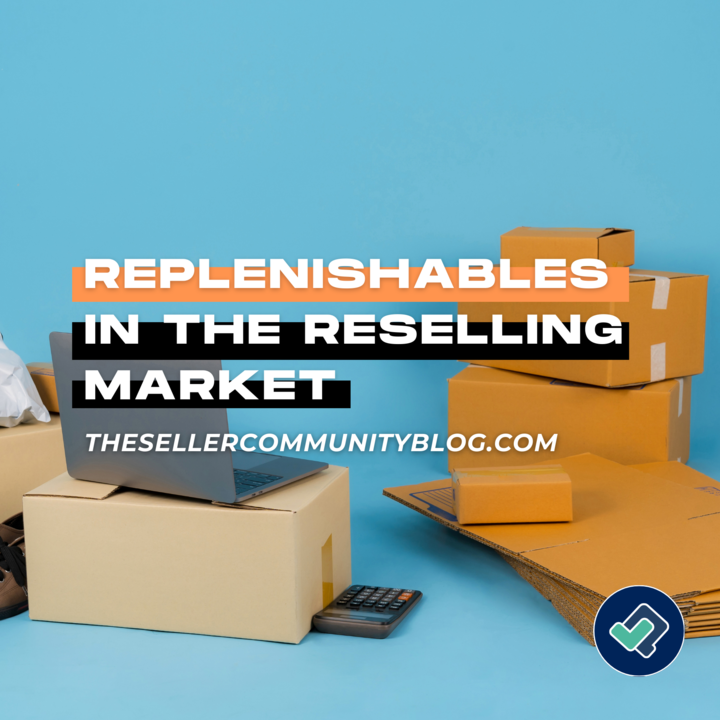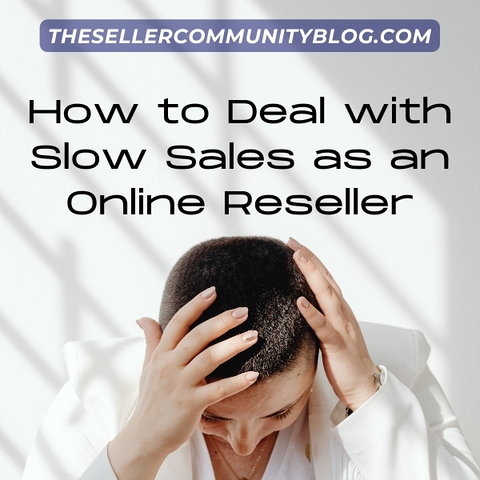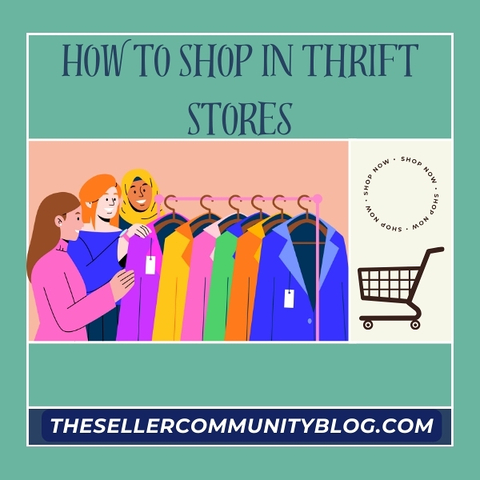Estimated reading time: 3 minutes
In the dynamic and ever-changing landscape of the reselling market, finding a niche that offers consistent sales and customer retention is akin to striking gold. Enter the world of “replenishables”—items that, due to their nature of being in continuous demand, can be restocked and sold repeatedly. From everyday essentials to specialized niche products, replenishables present a unique opportunity for resellers to create a sustainable and profitable business model.
Consistent inventory and sales
Unlike seasonal items or trendy products that come and go, replenishables provide a steady stream of inventory, leading to more predictable sales patterns. This consistency is invaluable for maintaining a healthy cash flow and keeping your business running smoothly. This can be a great addition to a one-off, thrift, yard sale, or flea market business model.
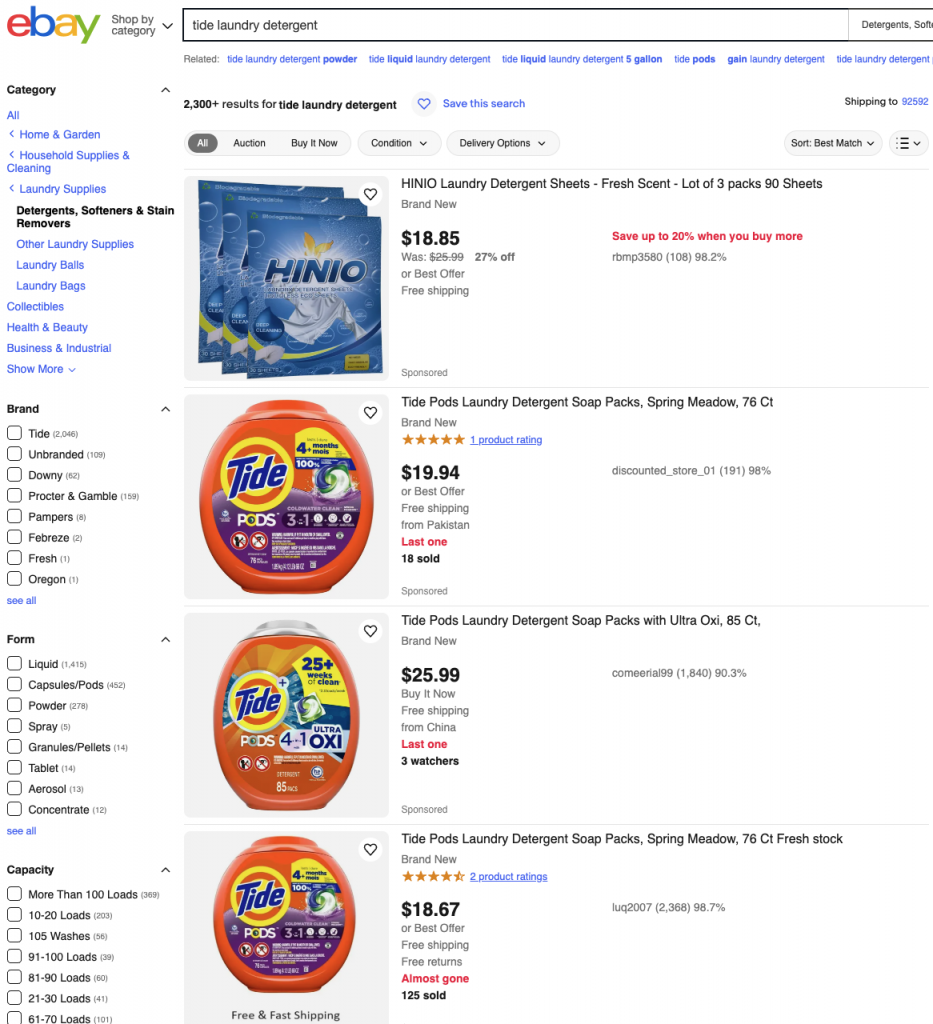
Customer retention
Replenishables encourage repeat business. Once customers find a reseller who provides their everyday needs with a positive buying experience, they are likely to return, fostering a loyal customer base. Repeat customers are not the norm in other reselling businesses and in that way should be and can be encouraged with replenishables.
Easier inventory management
The predictability of replenishables allows for more efficient inventory management. Resellers can forecast demand more accurately, reducing the risks associated with overstocking or running out of stock.
Scalability
With a solid supply chain for replenishable items established, resellers can focus their efforts on scaling other aspects of their business, such as marketing and customer service, to drive growth. Resellers can then work on more traditional reselling avenues with the consistency that can come from even a few replenishables.
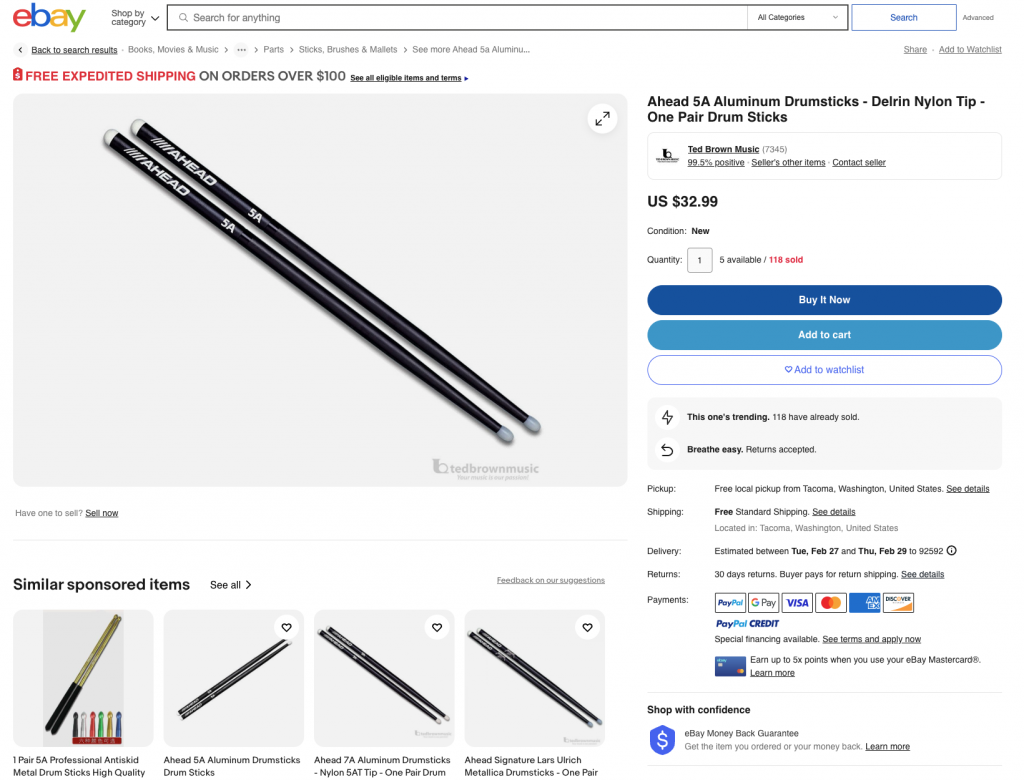
Enhancing profitability despite slim margins
While replenishables may offer smaller profit margins compared to one-off high-ticket items, their true value lies in volume sales and the cultivation of repeat business. Operational efficiencies gained through consistent handling and shipping processes, combined with reduced marketing costs for established customer bases, contribute significantly to the bottom line.
Sourcing replenishables
Identifying reliable sources is crucial for a successful replenishable strategy. Wholesale distributors, direct manufacturer accounts, local suppliers, online marketplaces, and industry trade shows offer diverse avenues for sourcing products at competitive prices. Websites like Alibaba and DHGate, along with direct negotiations at events like ASD Market Week, can provide access to a wide range of replenishable items at bulk pricing, from personal care products to home essentials and office supplies. Finding a product is the MOST difficult part of getting into the replenishable game.

Navigating challenges
Despite the attractive prospects, selling replenishables is not without its challenges. Issues such as managing products with expiration dates, navigating highly competitive markets, addressing specific storage requirements, and dealing with market saturation require strategic planning and innovative thinking. Strategies like implementing a first-in, first-out inventory system, focusing on niche marketing, and building a strong brand identity can help mitigate these challenges and set your reselling business apart.
Conclusion
The reselling market for replenishables offers a pathway to sustainable growth and profitability through consistent sales, customer loyalty, and efficient operations. By carefully selecting products that align with consumer demand, establishing reliable sourcing channels, and strategically overcoming the inherent challenges of this niche, resellers can build a thriving business that stands the test of time.
By embracing the concept of replenishables, resellers not only tap into a market of endless demand but also contribute to a business model that encourages sustainability through the repeated use and purchase of essential goods. Whether you’re just starting or looking to diversify your reselling portfolio, the replenishables segment is worth exploring for its potential to add consistent value to both your business and your customers’ lives.
